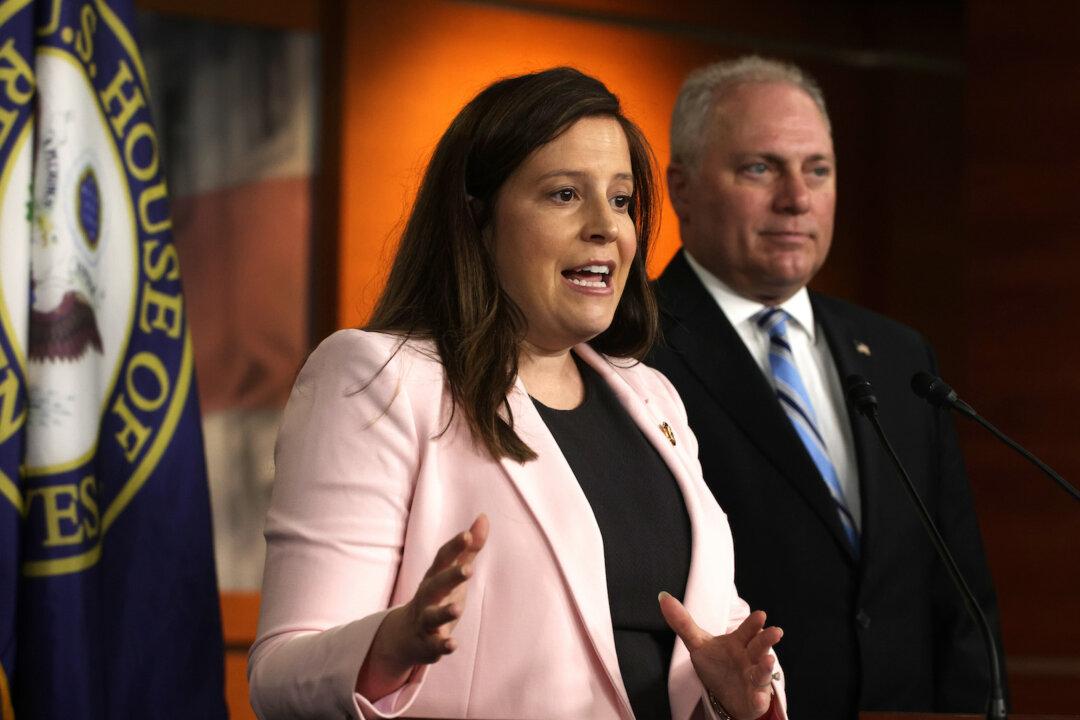A pair of Republican lawmakers unveiled a bill on June 15 that seeks to sanction top Chinese health officials and hold the communist regime accountable until it allows an independent probe into whether COVID-19 originated in a Wuhan lab.
The World Deserves to Know Act (pdf), introduced by Reps. Elise Stefanik (R-N.Y.) and Robert Wittman (R-Va.), aims to hold the Chinese Communist Party (CCP) accountable for “their intellectual property theft, multiple human rights abuses” until there’s an independent and unimpeded investigation into the origins of COVID-19.





